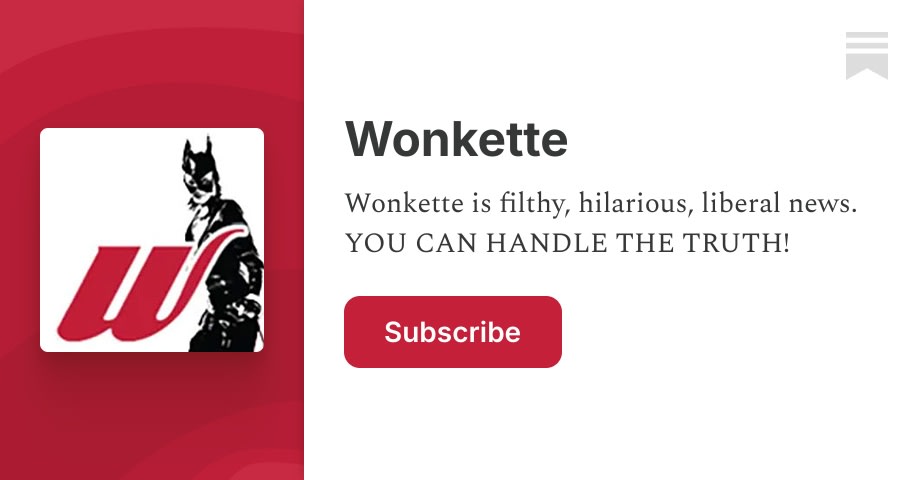Marketers are closely watching the Congressional debate over banning TikTok. The social media platform is hugely popular in the U.S. which makes it an important marketing channel. While a ban is possible, another solution is gaining steam, one which could help marketers: A national data protection law.
“Once brand marketers began to truly adopt TikTok, the two became inseparable,” says Kyle Wong, chief strategy officer of customer experience platform provider Emplifi. “The platform offers brands a way to show a side of themselves that isn’t possible on the more traditional platforms. Now that TikTok has officially become an important piece of a brand’s overall strategy, marketers and users would be the ones taking a hit if a ban were implemented.”
Why we care. Public concern about data protection is real and substantial. An Ipsos poll last year found 84% of Americans at least somewhat concerned about the safety and privacy of the personal data that they provide on the internet.
Several states, including California, Virginia, Illinois, Colorado and Utah, passed privacy protection laws and many others are considering doing so. Each of these means a different set of requirements digital marketers must follow. A national law would eliminate this problem and make it easier for consumers to know exactly what protection they have.
The argument for a ban. Those who want to ban TikTok, which is owned by the Chinese company ByteDance, say it poses a national security risk. They are concerned China’s government, which wields a lot of power over the nation’s businesses, could exploit user data to spy on American users and feed them misinformation.
The ban was first proposed by President Trump, and President Biden supports a ban if TikTok’s Chinese owners don’t sell their stake in the company. A number of members of Congress from both parties support it, as do some current and former national officials. However, Congress — like the public at large — remains divided on the issue.
The argument against a ban. Excluding TikTok executives, those who oppose the ban mostly agree with the charges made against the company. However, they believe banning TikTok wouldn’t solve the real problem.
Dig deeper: 5 reasons why marketers should consider TikTok for B2B
“Nearly all social media platforms and other online businesses collect a lot of personal data from their users,” The Electronic Frontier Foundation’s Adam Schwartz and David Greene recently wrote. “TikTok raises special concerns, given the surveillance and censorship practices of its home country, China. Still, the best solution to these problems is not to single-out one business or country for a ban. Rather, we must enact comprehensive consumer data privacy legislation. By reducing the massive stores of personal data collected by all businesses, TikTok included, we will reduce opportunities for all governments, China included, to buy or steal this data.”
Everyone else is doing it. In short, they say the real problem with TikTok is it is behaving like every other social media platform. It’s not an unreasonable accusation. Consider, among the things the company has been criticized for is spreading misinformation on climate change, COVID-19, the war in Ukraine, the neurodevelopmental disorder ADHD and eating disorders. Facebook and YouTube have been criticized for doing exactly the same.
Support for national privacy law. Last year, a federal data protection act with substantial bipartisan support died in Congress because it was opposed by then-Speaker of the House Nancy Pelosi (D-CA). It looked likely to stay that way as the incoming GOP majority in the House of Representatives said nothing about it before, during or after the election. TikTok has given it new life.
It isn’t impossible that Congress would ban a popular, profitable private business, but it is far from a sure thing. As noted previously, while the ban has bipartisan support, it also has bipartisan opposition. There’s also the substantial number of users and businesses on TikTok to be considered.
“One important element in this conversation needs to be around the users,” says Emplifi’s Wong. “With nearly 87 million US-based users on TikTok, it’s clear the platform and its innovative content format hold appeal to users and brands are running as fast as they can to tap into that buzz.”
Compromise candidate. There are indications that a data protection law could succeed as a compromise. Consider what Rep. Cathay McMorris Rodgers (R-WA), chair of the Energy and Commerce Committee, said last week.
“Whether it’s TikTok, Big Tech, or other data brokers to restrict the amount of data that they’re collecting to begin with,” she said on CNN. “We need to ensure that individuals have the right to know what their profile might be or to be alerted if their information, their personal data is being accessed or transferred to another country like China.”
Get MarTech! Daily. Free. In your inbox.







































































